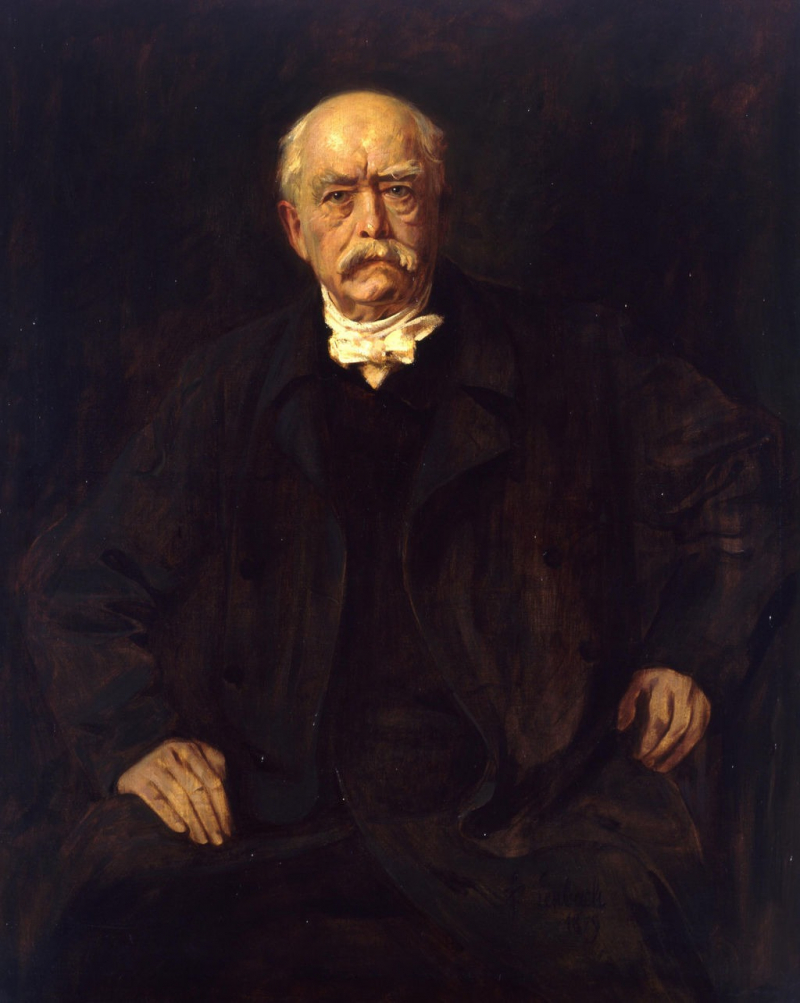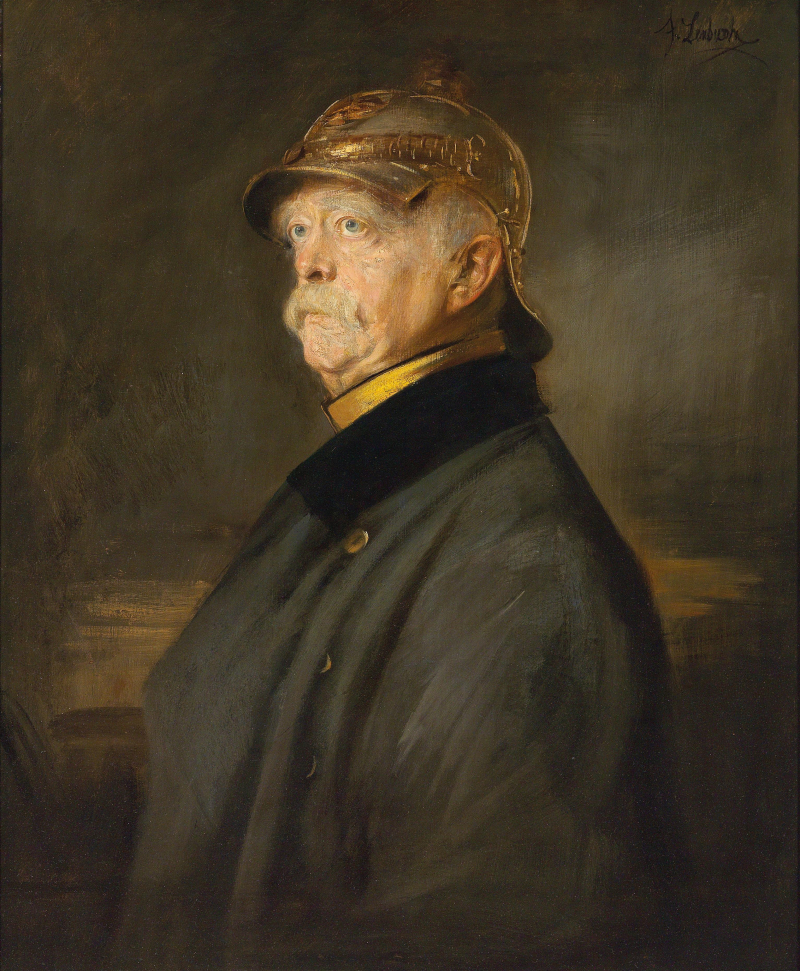Otto von Bismarck disliked colonization at first
One of the interesting facts about Otto von Bismarck is that he dislike colonization, and was not willing to build an oversea empire when both the elite and the general public desired it. At first, Bismarck opposed taking part in the colonial race. Because of Germany's geographical location, the chancellor did not place a high importance on developing a robust naval presence, but he believed that it was necessary for the security of colonies.
The concept of creating formal colonies did not appeal to Bismarck because it implied high costs, small earnings, and difficult diplomatic relations. However, the colonial propaganda of authors like Friedrich Fabri (1824-1891) compelled him to confront the problem in the early 1880s.
But three factors over time led to a change of heart. Firstly, colonial possession was a source of pride for German nationalists. Second, as Germany developed as an industrialized nation, it needed raw materials constantly. Thirdly, the German population was expanding so quickly that more land was needed to house people. The Berlin Conference of 1885, which Bismarck organized, effectively put an end to the "scramble for Africa." East and Southwest Africa, Cameroon, and Togoland were acquired by Germany.










